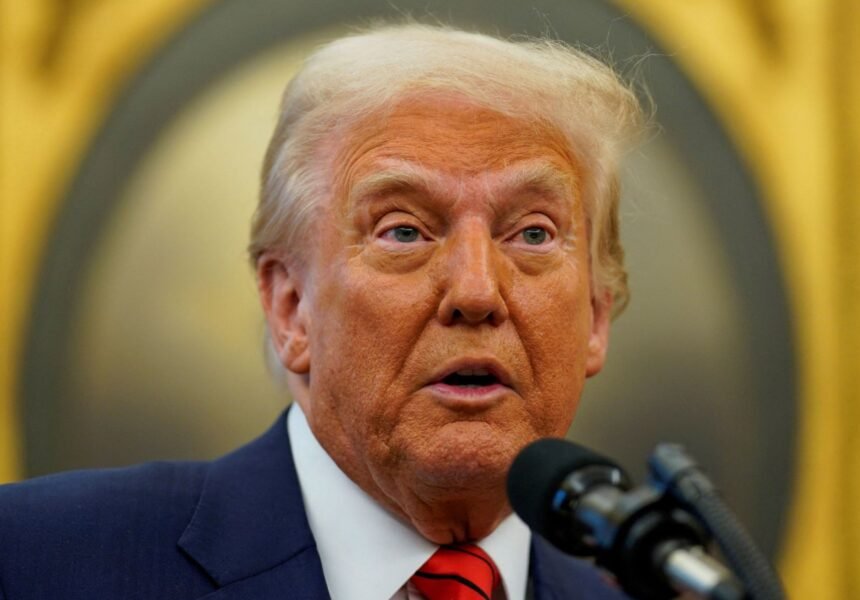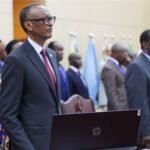South Africa is facing economic uncertainty after U.S. President Donald Trump signed an executive order cutting financial aid to the country. The White House announced the decision on Friday, citing concerns over South Africa’s land reform policy and its legal case against Israel at the International Court of Justice.
As one of Africa’s strongest economies, South Africa plays a key role in the Southern African Development Community (SADC). However, tensions between President Cyril Ramaphosa’s government and Washington go beyond land reform, hinting at deeper political disagreements.
Trump accused the South African government of unfair treatment towards white citizens, claiming land expropriation policies are discriminatory. “South Africa is confiscating land, and certain groups are being treated very badly,” he said. Some believe billionaire Elon Musk, a South African-born U.S. citizen, may have influenced this decision. Musk has called South Africa’s land laws “racist ownership laws.”
President Ramaphosa defended the policy, insisting that no land had been taken by force. He said the aim was to correct racial imbalances in land ownership in a country where the Black majority was historically denied property rights. “South Africa will not be bullied,” he stated.
Land ownership is a sensitive issue due to South Africa’s past. Under colonial rule and apartheid, Black South Africans were removed from their land. A 2017 land audit showed that white landowners still control 75% of freehold farmland, while Black South Africans, who make up 80% of the population, own just 4% of private land.
For decades, laws favoured white landowners, forcing Black citizens into overcrowded urban areas and rural reserves. In 1950, the apartheid government passed a law giving 85% of the country’s land to white South Africans, displacing 3.5 million Black people from their homes.
The U.S. provided $440 million in aid to South Africa in 2023. Cutting this funding will put pressure on Ramaphosa’s government, raising questions about its economic future and the stability of the ruling African National Congress (ANC).
Adding to tensions, the White House announced plans to resettle white South African farmers and their families as refugees under the United States Refugee Admissions Program. This decision has been criticised, with many seeing it as an attempt to fuel racial divisions. While millions of Black South Africans still live in poor conditions due to apartheid’s legacy, the U.S. government’s focus on Afrikaner resettlement has raised concerns about selective humanitarian aid.
South Africa’s foreign ministry responded, saying: “It is ironic that the U.S. is offering refugee status to one of South Africa’s most privileged groups, while vulnerable people in the U.S. from other parts of the world are being deported and denied asylum.”
The White House insists the executive order is about human rights. Trump had previously threatened to cut off funding, and this move marks a shift in U.S.-South Africa relations. The full impact of this decision both politically and economically will become clearer in the coming months.










